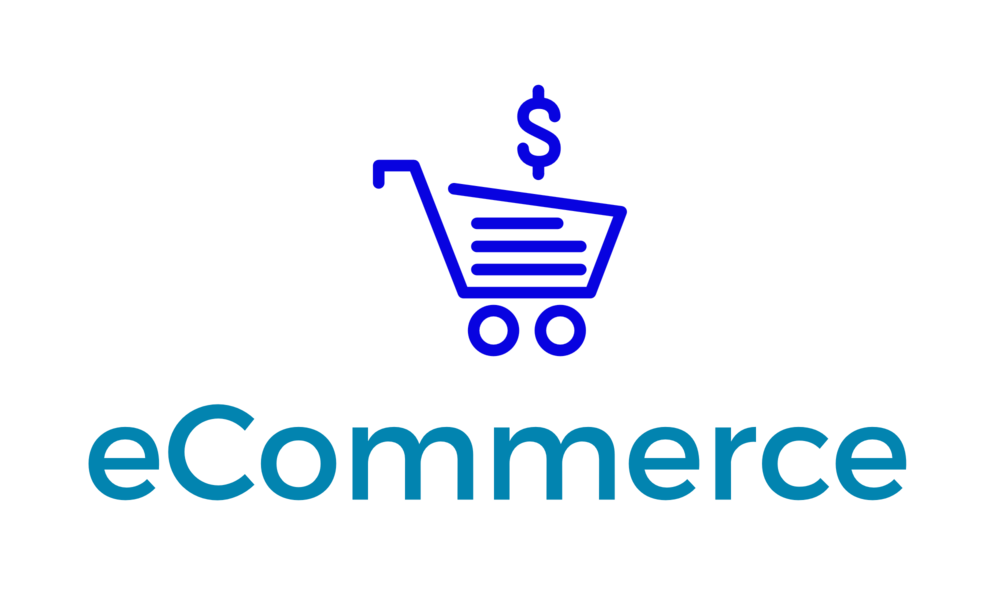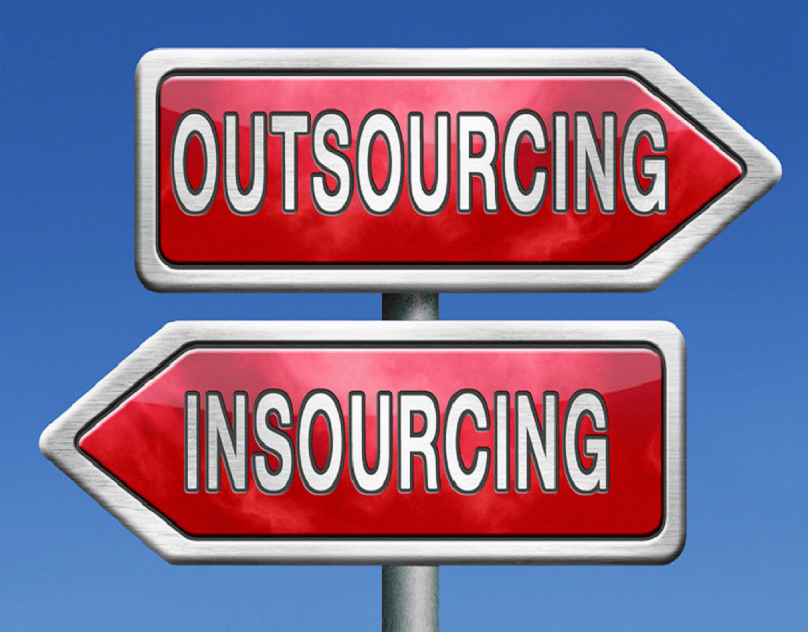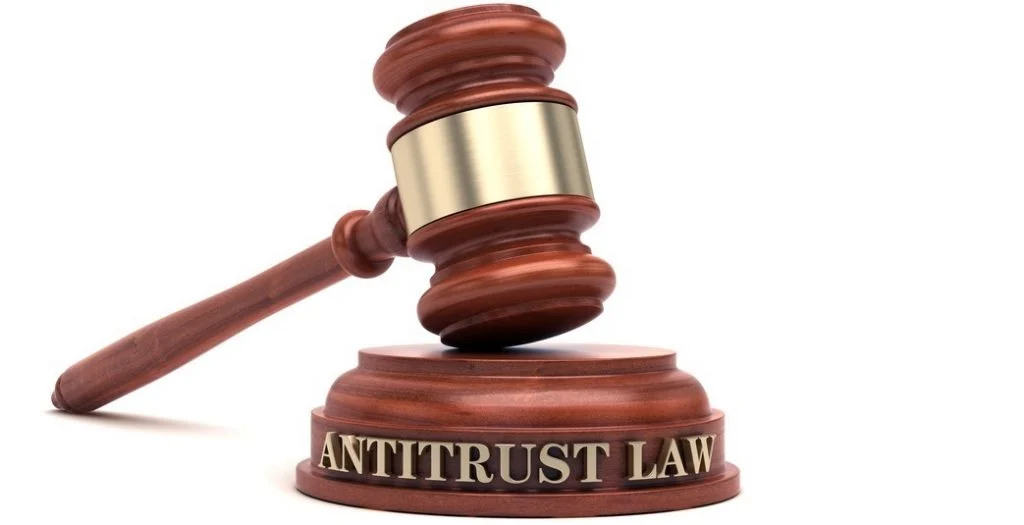In recent years, online shopping has transformed the way Nigerians buy products and services. E-commerce platforms like Jumia, Konga, and Pay Porte have made shopping easy and convenient, and more businesses are joining the digital space daily. But with this convenience comes a unique set of risks and challenges. From counterfeit products to delayed deliveries, online shopping can sometimes disappoint buyers. This is where consumer protection law comes in – to help shield shoppers from fraud and unfair practices. Let’s take a closer look at what consumer protection in Nigeria means, especially when it comes to e-commerce.
Why Consumer Protection Matters in E-commerce
When we buy online, we often do so without physically seeing or testing the products. We rely on product descriptions, pictures, and sometimes, customer reviews. This “trust factor” is crucial because we don’t have the chance to inspect the items as we would in a physical store. Unfortunately, this trust is sometimes abused by sellers, who may deliver items of lesser quality, refuse refunds, or make misleading claims. This is where consumer protection laws play a big role – they set the rules that protect us, the buyers, and ensure fair treatment.
Nigeria’s Consumer Protection Law
n Nigeria, the key legislation guiding consumer protection is the Federal Competition and Consumer Protection Act (FCCPA), enacted in 2018. The Federal Competition and Consumer Protection Commission (FCCPC) was created by this act to enforce the law. Here’s what it does:
Protects Consumers from Fraudulent and Unfair Practices
The FCCPC safeguards consumers against misleading advertisements, defective goods, and unsafe products. For instance, if you buy an electronic device that’s advertised as original but turns out to be fake, the FCCPC can take action against the seller.
Ensures Right to Information
Consumers are entitled to clear, truthful, and accurate information about products and services. Sellers are required to disclose all important information – like pricing, product specifications, and any conditions or restrictions
Supports Fair Competition
The law promotes healthy competition in the market. This prevents monopolies (where one seller controls the market) and ensures that consumers get fair pricess
Enforces the Right to Redress
If a consumer is dissatisfied with a product, they have the right to seek redress, which may involve refunds, repairs, or replacements. For instance, if you buy a smartphone online and it’s faulty on arrival, you have the right to demand a repair or replacement from the seller.
Empowers the FCCPC to Regulate E-commerce Platforms
The FCCPC has the authority to regulate online marketplaces like Jumia or Konga. This includes investigating fraudulent sellers, monitoring misleading advertisements, and ensuring that platforms create safe shopping environments.
Consumer Rights Under the FCCPA
The FCCPA establishes specific rights for consumers in Nigeria, which include:
- Right to Safety: Consumers are entitled to goods and services that do not endanger their health or lives.
- Right to Choose: Consumers should have access to a variety of goods and services at competitive prices.
- Right to Be Informed: Accurate information about products and services must be provided.
- Right to Redress: If unsatisfied, consumers can seek a remedy like a refund or repair.
- Right to Consumer Education: Consumers should be educated about their rights and responsibilities.
These rights protect consumers in both traditional and online marketplaces. However, enforcing these rights in e-commerce requires additional measures due to the unique nature of digital transactions.
Challenges with E-commerce Consumer Protection in Nigeria
Despite the protections offered by the FCCPA, there are still challenges with enforcing consumer rights in e-commerce:
- Difficulty in Tracking Sellers: Some online sellers may not be registered businesses, making it hard to hold them accountable.
- Weak Return and Refund Policies: Many online platforms have strict or confusing return policies, which sometimes discourage buyers from requesting refunds.
- Lack of Awareness: Many consumers are still unaware of their rights, and some don’t know they can report unfair practices to the FCCPC.
- Slow Resolution Processes: Resolving consumer complaints can be slow, especially
How to Stay Safe While Shopping Online
Here are a few tips to help Nigerian consumers protect themselves while shopping online:
- Shop on Reputable Platforms: Stick to well-known e-commerce platforms with secure payment options and verified seller profiles.
- Read Reviews: Check product reviews and seller ratings before making a purchase to get insights from other buyers.
- Check Return Policies: Before buying, ensure you understand the platform’s return and refund policy, especially for high-value items.
- Report Fraudulent Sellers: If you encounter fraud or unfair practices, report them to the FCCPC. This can help protect other consumers.
The FCCPC’s Role in E-commerce
The FCCPC works to improve the e-commerce landscape in Nigeria by:
- Monitoring Online Platforms: The commission monitors e-commerce platforms for misleading ads, unfair terms, and product safety.
- Investigating Complaints: If consumers report issues with online purchases, the FCCPC can investigate and take necessary actions.
- Educating Consumers: Through campaigns and workshops, the FCCPC educates Nigerians on their rights and responsibilities in online shopping.
CONCLUSION
The Federal Competition and Consumer Protection Act (FCCPA) offers Nigerian consumers a range of protections, whether they’re shopping online or in a physical store. In e-commerce, these protections are essential because of the unique challenges of online shopping. While the FCCPC has made progress, consumers also have a role to play by staying informed, reading reviews, and reporting fraudulent sellers.
E-commerce has opened up a world of convenience, and with a good understanding of consumer rights and protection laws, Nigerians can shop online with more confidence. By working together with the FCCPC, consumers can help make Nigeria’s online marketplace fairer, safer, and more reliable for everyone.










